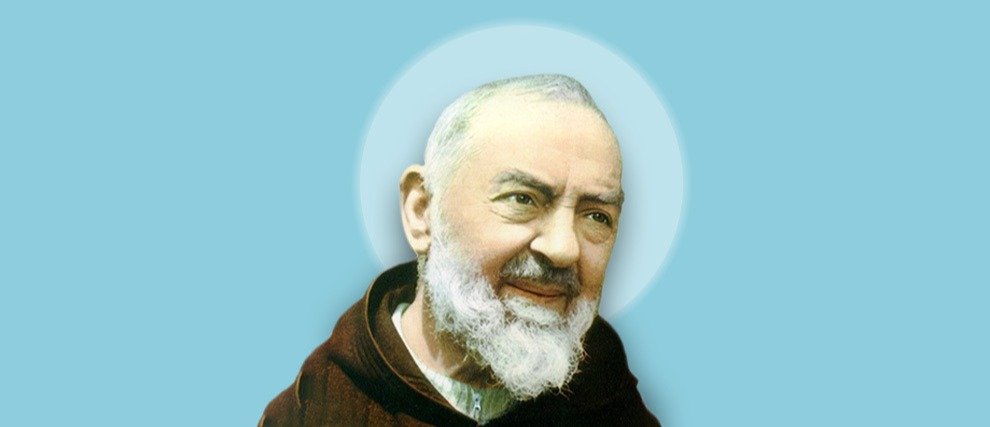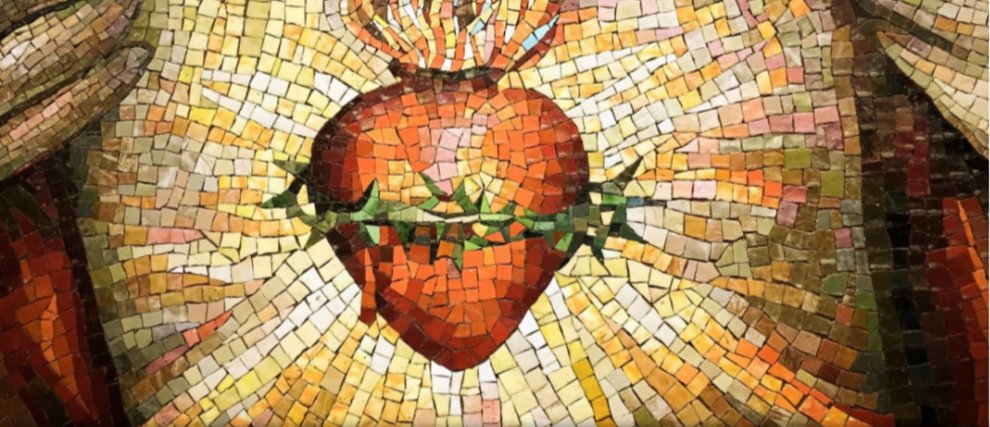Saint Ignatius of Antioch
“The Catholic Church is where Jesus Christ is.”
As is often the case with the Fathers of the Church, essential details about the life of Ignatius Theophorus are unknown. He is believed to have been born around the year 35 and to have received his episcopate from the apostle and evangelist John, who allegedly appointed him after the death of the second bishop of Antioch, Evodius. /en/saints/saint-john Very little is known about his life apart from what he mentions in his seven letters written during his journey from Antioch to Rome. He passed away around the year 110. Click here to learn more about the Fathers of the Church.
And here to get to know his close friend, Saint Polycarp of Smyrne better.
(Discover other saints and blessed people of the Church in the Guide to Saints)
There is also this community of prayer to pray with the Saint of the day.
The Life of Saint Ignatius
Ignatius Theophorus was born around the year 35 in the province of Syria. He inherited his name Ignatius from the Latin Ignis, which means fire. Established in the bishopric of Antioch (current Antakya in Turkey) after the death of the second bishop Evodus in the year 68, Ignatius indeed had a fiery soul, passionate for Christ. Antioch was an important city, the third of the Roman Empire at the time after Rome and Alexandria, and had about 500,000 inhabitants. Leading a numerous and dynamic Christian community, Ignatius Theophorus (which means bearer of God in Greek) was the first to qualify the Church of Christ as " catholic", meaning “universal” in Greek. It is also mentioned in the Acts of the Apostles that “It was in Antioch that, for the first time, the disciples were called “Christians”” (Ac, 11, 26). At the head of the Church of Antioch for forty years, he led an exemplary life both in terms of doctrine and preaching as well as in virtues. He displayed so much wisdom that he became the oracle of neighboring churches. At the beginning of the reign of Emperor Trajan, the persecutions of Christians resumed with vigor. The governor Pliny the Younger was then in place in Antioch. It was he who had Ignatius Theophorus arrested, trying to make him renounce his faith. However, Antioch vehemently refused, and while he had been longing for martyrdom for a long time, he rejoiced at being arrested and taken to Rome to undergo the ordeal of wild beasts. “I am the wheat of God, and I must be ground by the teeth of the beasts, so that I may become the pure bread of Christ," he said in his letter to the Romans. By this arrest and death sentence, the Romans hoped to put an end to the spread of Christianity. But the opposite occurred. For Ignatius, completely imbued with the fire of God, met, on his way from Antioch to Rome, numerous Christians and Christian communities whom he encouraged without ceasing. He also wrote letters to the churches of Smyrna, Philadelphia, Rome, Tralles, Magnesia, Philippi, and a final one to his friend Polycarp of Smyrna. He also made three important stops: Smyrna, Philadelphia, and Troas. In his letters, he mainly called for unity among churches, and also around the bishop, as well as to unite against heresies. He constantly emphasized the reality of the Incarnation of Christ, stressed the importance of the Church hierarchy, and urged adherence to the dogmas. The essence of his writings focused on suppressing division and recalling some fundamental points of doctrine. He completed his journey in Rome after meeting Emperor Trajan, with whom he conversed, asserting the honor of being chosen as a martyr and his indifference to the honors that the emperor offered him. The interrogation ended with Ignatius' words: “I will not sacrifice; I fear neither torments nor death, for I long to go to God.” His martyrdom is dated around the year 110. In a general audience dated March 2007, Pope Benedict XVI mentions Ignatius of Antioch:
No Father of the Church has expressed with as much intensity as Ignatius the ardent desire for union with Christ and life in Him. [...] In reality, in Ignatius there converge two “spiritual currents”: that of Paul, entirely focused on union with Christ, and that of John, concentrated on life in Him. In turn, these two currents lead to the imitation of Christ, proclaimed several times by Ignatius as “my” or “our God”. Thus, Ignatius implores the Christians of Rome not to hinder his martyrdom, as he is eager to be “united to Christ”. (...) The irresistible aspiration of Ignatius towards union with Christ gives rise to a true “mystique of unity”. He himself defines himself as “a man entrusted with the duty of unity” (Philadelphians, 8, 1). For Ignatius, unity is above all a prerogative of God who, existing in three persons, is One in absolute unity. (...) Ultimately, Ignatius' “realism” invites the faithful of yesterday and today, it invites all of us to a progressive synthesis between configuration to Christ (union with him, life in him) and dedication to his Church (unity with the Bishop, generous service to the community and world).
Words of Saint Ignatius of Antioch
“There is no longer fire in me to love matter, but living water that whispers and says in me:” Come to the Father. “Flee the snares of the prince of this world, lest his maxims, by placing you under his yoke, stifle in you the spirit of charity” “It is not enough to be called Christian, it must indeed be and not resemble those people for whom the bishop is only a name, sincethey do everything without him.” “Although I am the last of the faithful of Antioch, God has deigned to choose me to glorify Him.” Although I am in chains, and you are free, I am not to be compared to any one of you. “I have great thoughts in God, but I impose a measure on myself, so as not to lose myself by my boasting. For it is now above all that I must be on my guard and avoid listening to flattery. Those who flatter me flog me. Certainly I want to suffer, but I do not know if I am worthy of it, because if my irritation escapes the eyes of many, it does not make me any less a very fierce war... Yes, I could, in this letter, tell you about the things of heaven. But you're still so childish, and I'm afraid I'm going to hurt you. So excuse me: unable to swallow, you could strangle yourself. Although I myself am a prisoner, and able to conceive the things of heaven, to know the hierarchies of angels, the armies of principalities, visible and invisible things, I am not yet a true disciple. We lack so much that we don't miss God.” “Love to gather often to praise and give thanks to God. By these frequent meetings, you weaken the forces of Satan. This agreement in the same spirit of faith thwarts all the tricks he uses to lose us. Nothing is better than concord; it makes the war of heaven and earth cease.”
Pray to Saint Ignatius, with Hozana!
Here is a prayer to Saint Ignatius of Antioch:
Almighty and eternal God, who are admirable in the virtue of all your Saints, grant us the grace to rejoice with gratitude as we celebrate the memory of the blessed Ignatius, who, as a martyr and pontiff of your Son, bore witness through his blood to the works of his holy ministry, and confirmed by his example what he taught through his words. Through Jesus Christ our Lord. So be it.”
On Hozana, you can find lots of communities to pray and walk with the saints. Develop your knowledge of the saints and your spiritual life.
For example, discover and pray to Saint Padre Pio thanks to
.Join
to pray with Mary!You can also deepen your knowledge of the Bible here:

